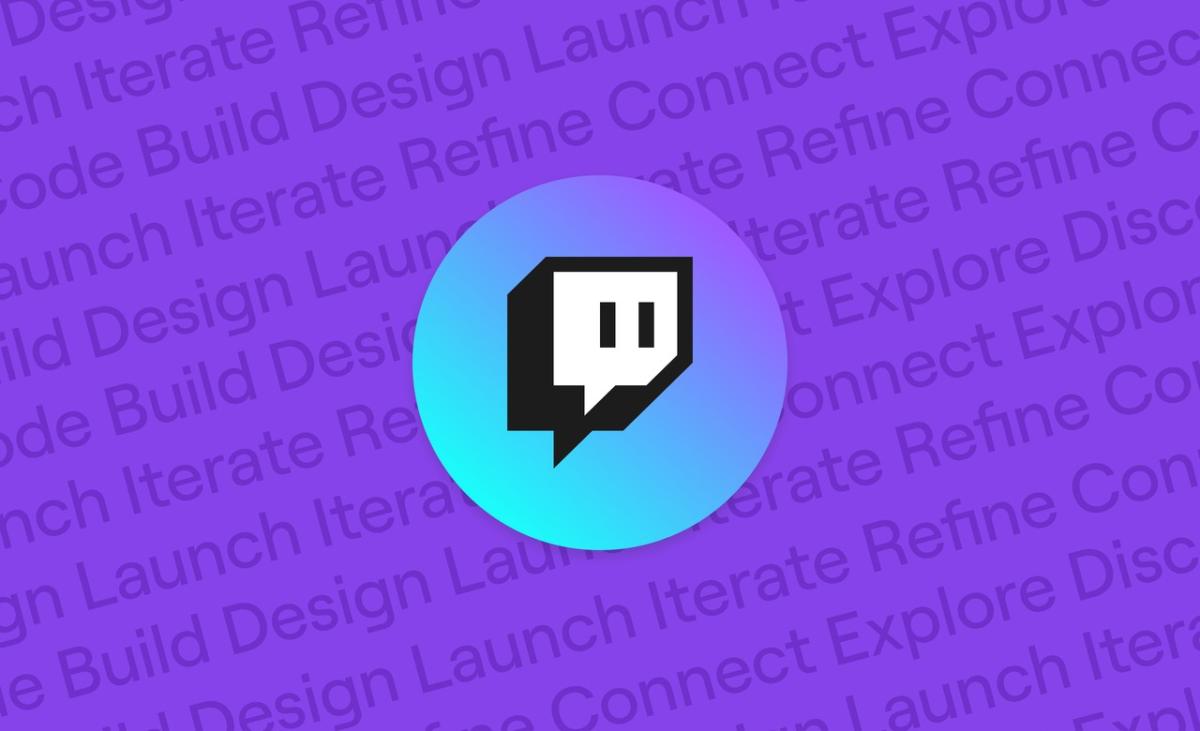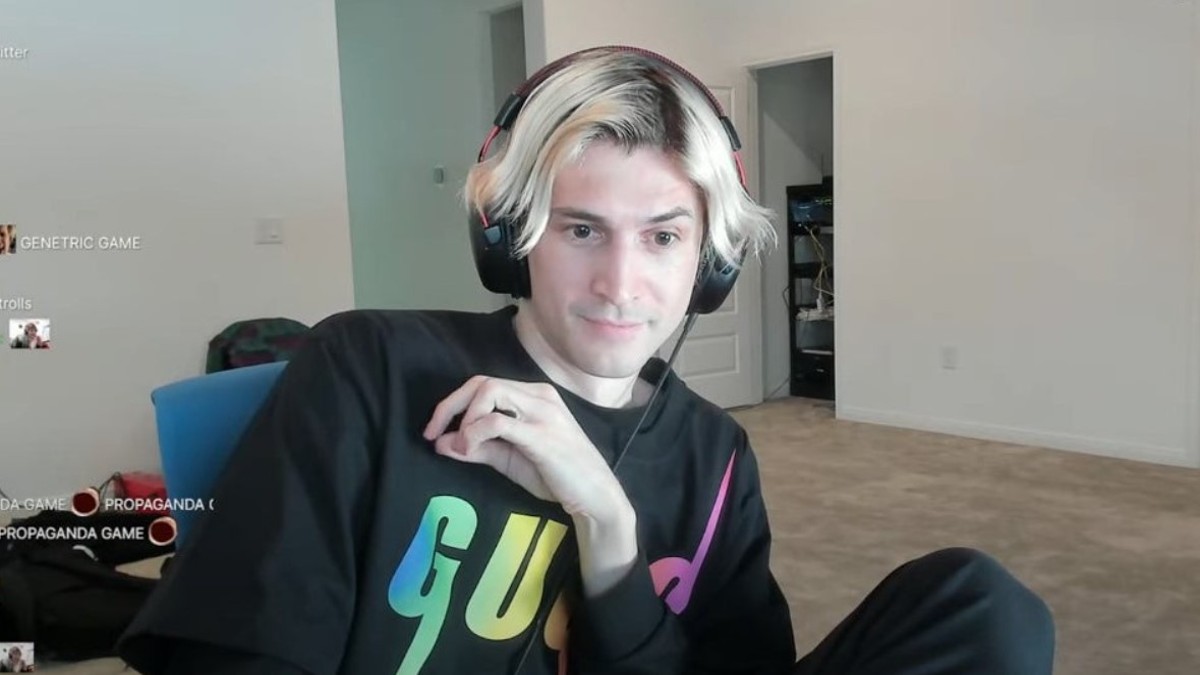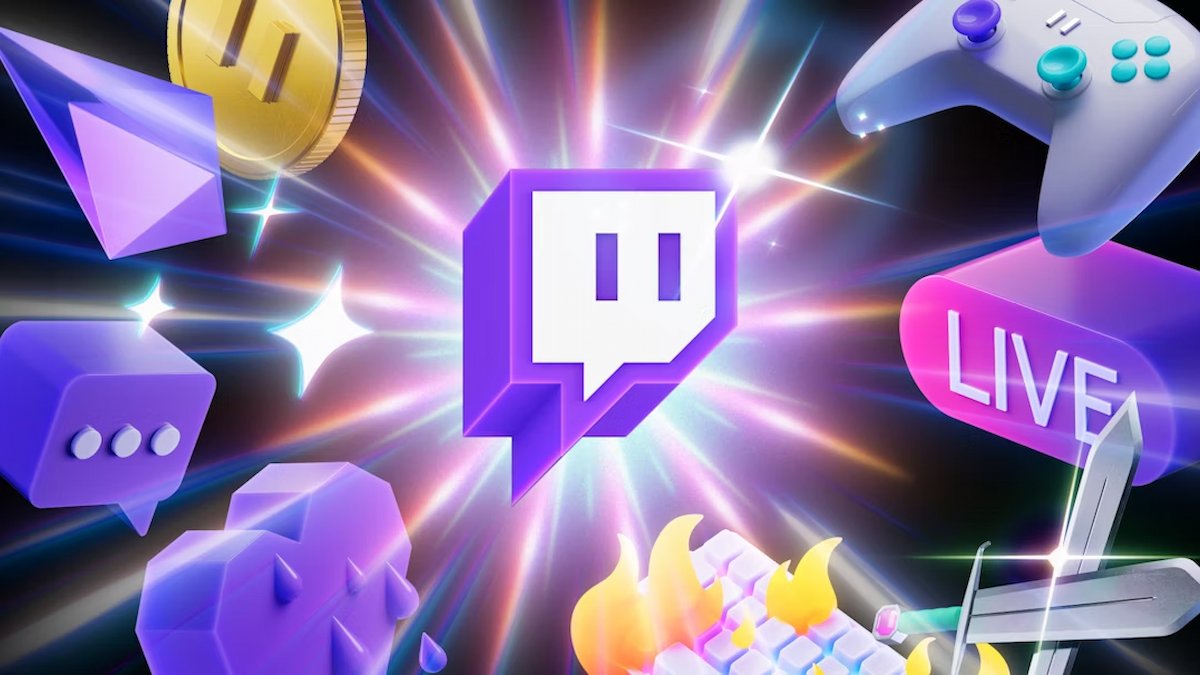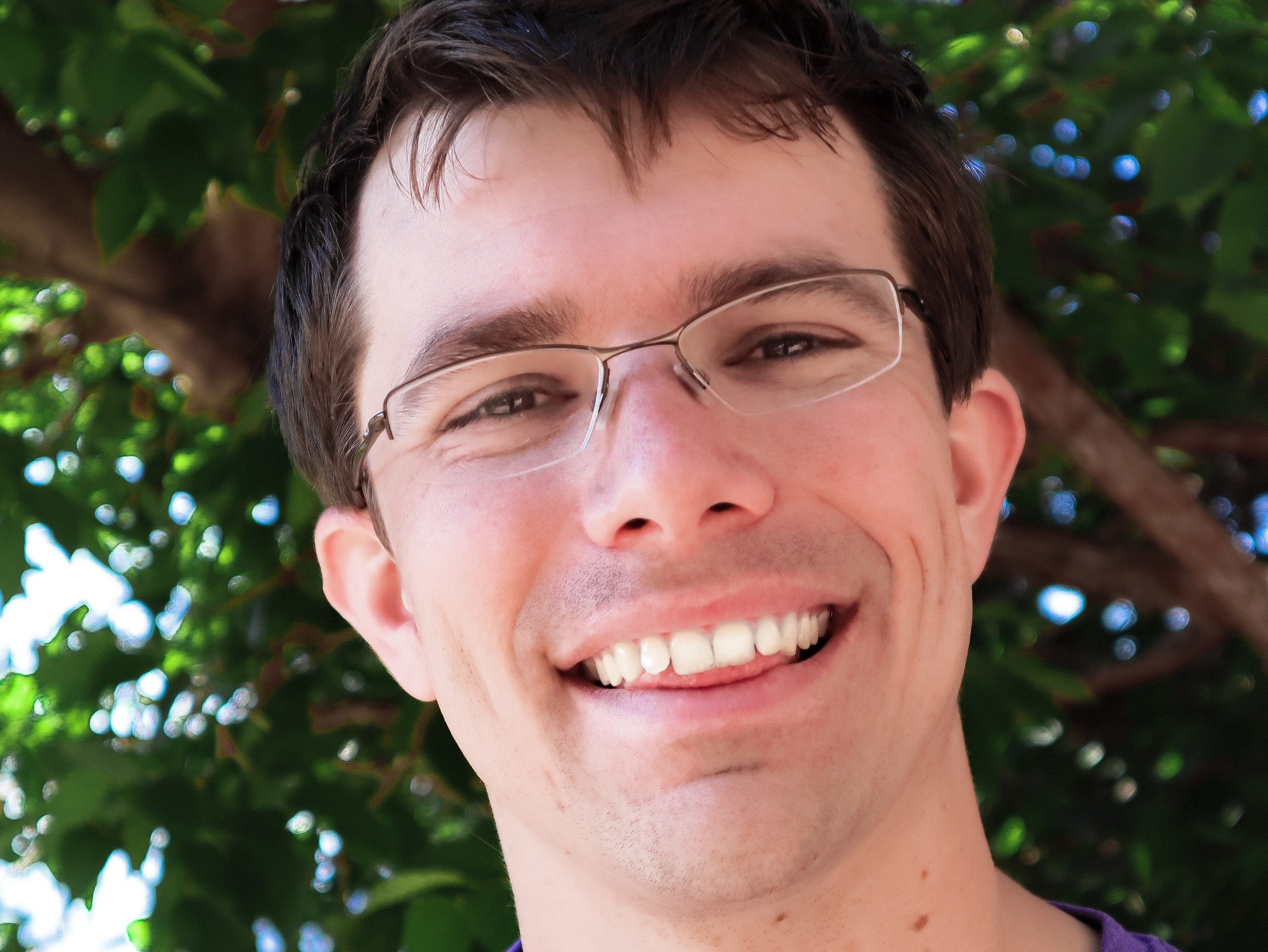Twitch recaps are back with the 2022 edition and the platform kicked off the fun today by giving a recap of itself. Showing 21 billion hours watched, Twitch on the whole had 788 million hours streamed, according to the stats it provided. But what stood out the most wasn’t the massive numbers: it was the growing communities.
While emotes like Jebaited, Kappa, and Pogchamp led the way, and Just Chatting dominated as the top category, it was the “Year in Tags” section that shined a light on some of what makes Twitch a unique place.
With five tags listed as being some of the most notable on the platform in 2022, the terms “VTuber” and “LGBTQIAplus” stood out. Flanked by more basic general gaming terms like “multiplayer” and “PvP,” the phrases show the kind of impact that streaming can have on the growth of communities.
Related: How to get your Twitch 2022 recap
In general, tags on Twitch are used as a descriptor that can help channels stand out a little bit better. By using tags that are acutely specific, broadcasters can assist viewers in finding the precise content they’re looking for.
For VTubers, this is especially useful. VTubing is a term used to describe streaming using a virtual avatar instead of a webcam, and those who follow VTubers tend to enjoy a different experience than the one traditional streaming provides. But VTubing itself isn’t a category on the platform because VTubers can “Just Chat” or play any number of games just like any other creator. This makes the use of a tag that much more important.
The same goes for those in the LGBTQIA+ community. Oftentimes, those who leave a tag saying that they are a part of the community are doing so because their streams are intended to provide a place where LGBTQIA+ people can feel welcome. All too regularly, online communities can be a toxic cesspool of hate and closed-mindedness. Adding that tag to a stream is a way for creators to identify themselves as a place where LGBTQIA+ people can go and be themselves without fear of being judged based on sexuality or gender identity.












Published: Dec 13, 2022 12:11 pm